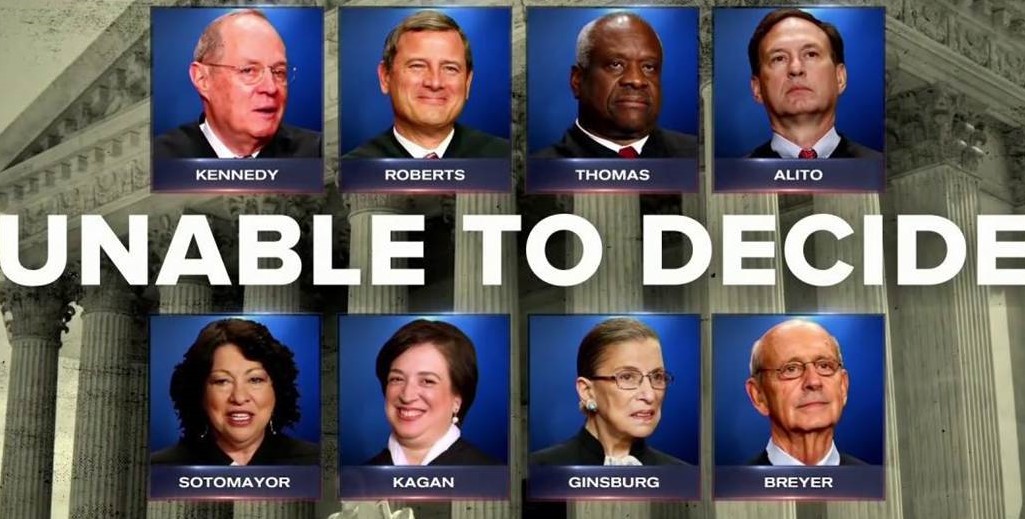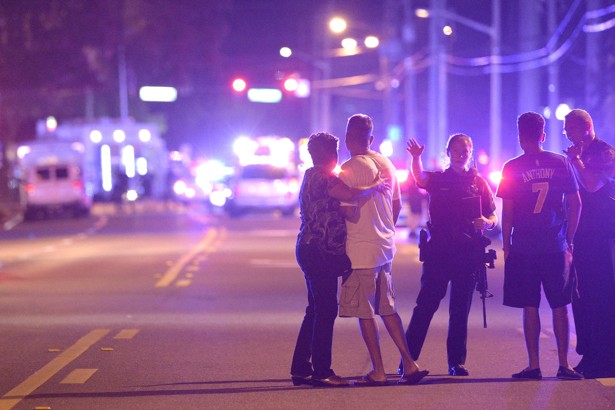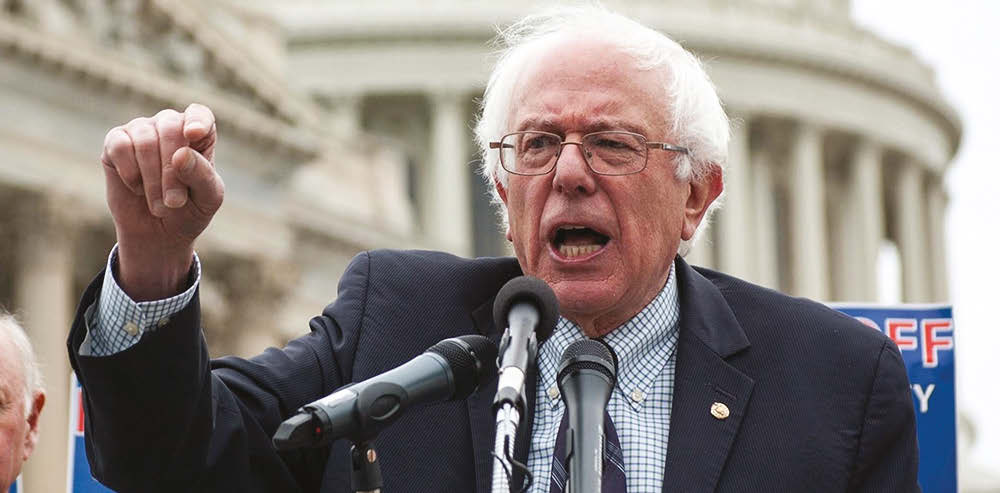
WASHINGTON (TIP): The U.S. Supreme Court split 4-4 Thursday, June 23 over a challenge to President Barack Obama‘s immigration policy, a result that prevents the administration from putting the program into effect during the rest of his term.
The split was reflected in a one-sentence statement from the court: “The judgment is affirmed by an equally divided Court.”
Announced in late 2014, the policy sought to shield more than 4 million people — mostly Latinos — from deportation. But lower courts blocked its implementation after Texas and 25 other states sued, claiming the president had no power to order the changes.
The ruling deals a blow to both a White House that has used executive measures to push forward immigration reform in the wake of congressional inaction and to Obama, who has sought to rewrite a legacy that had some in Latino activist circles calling him “the deporter-in-chief.”
There have been more than 2 million deportations in Obama’s tenure.
The president on Thursday stressed that people who have been in the country for a long time and are otherwise law abiding will remain lower deportation priorities.
He added that the tie was “heartbreaking” for millions of immigrants.
Of those who opposed his executive actions, the president said: “I guarantee you at some point, every one of us has somebody in our background who people didn’t want coming here.”
However, the tie “takes us further from the country we aspire to be,” Obama added.
And ultimately, the president said, the nation has a choice to make.
“We’re going to have to make a decision about whether we are a people who tolerate the hypocrisy of a system where the workers who pick our fruit or make our beds never have the chance to get right with the law — or whether we’re going to give them a chance, just like our forebears had a chance, to take responsibility and give their kids a better future,” he said.
The death of Justice Antonin Scalia left the Supreme Court evenly divided on the issue. Thursday’s tie vote means the justices were unable to announce a ruling, an outcome that leaves in place the lower court rulings against enforcing the plan.
The lack of a decision by the Supreme Court, Obama said, is a direct result of Congress failing to confirm his Supreme Court nominee, Judge Merrick Garland, to the bench.
Under the proposal, adults in the United States illegally could remain if they meet certain residency requirements and have children who are American citizens or lawful permanent residents. It would also expand another program, now in effect, that allows young people to stay in the country if they were brought here under age 16.
With 11 million undocumented migrants living in the U.S., the administration argued that it’s impossible to deport everyone here illegally. The policy was based on setting priorities — concentrating on criminals and terrorists and deferring removal for others who have established ties to the U.S.
It would not offer permanent legal status but would defer for three years any effort to seek deportation for those qualified.
The states argued that Congress has never given presidents a blank check for granting lawful status to people here illegally. They said the policy would do far more than simply abandon removal proceedings by converting illegal presence into lawful status and granting permission to seek work permits.
Sixteen other states urged the justices to let the policy take effect.
Thursday’s tie vote does not strike down the Obama proposal. In bringing the case to the Supreme Court, the government sought authority to begin enforcing the policy while the lawsuit brought by the states works its way through the lower courts.
That process will play out for at least another year, and the next president would decide whether to continue defending it in court. Presumptive Democratic nominee Hillary Clinton has vowed to expand the program, but her GOP rival Donald Trump has said he would abandon it.
House Speaker Paul Ryan, a Republican, applauded the effect of the split vote.
“This is a win for the Constitution, this is a win for Congress,” he said. “Presidents don’t write laws, Congress writes laws.”





Be the first to comment